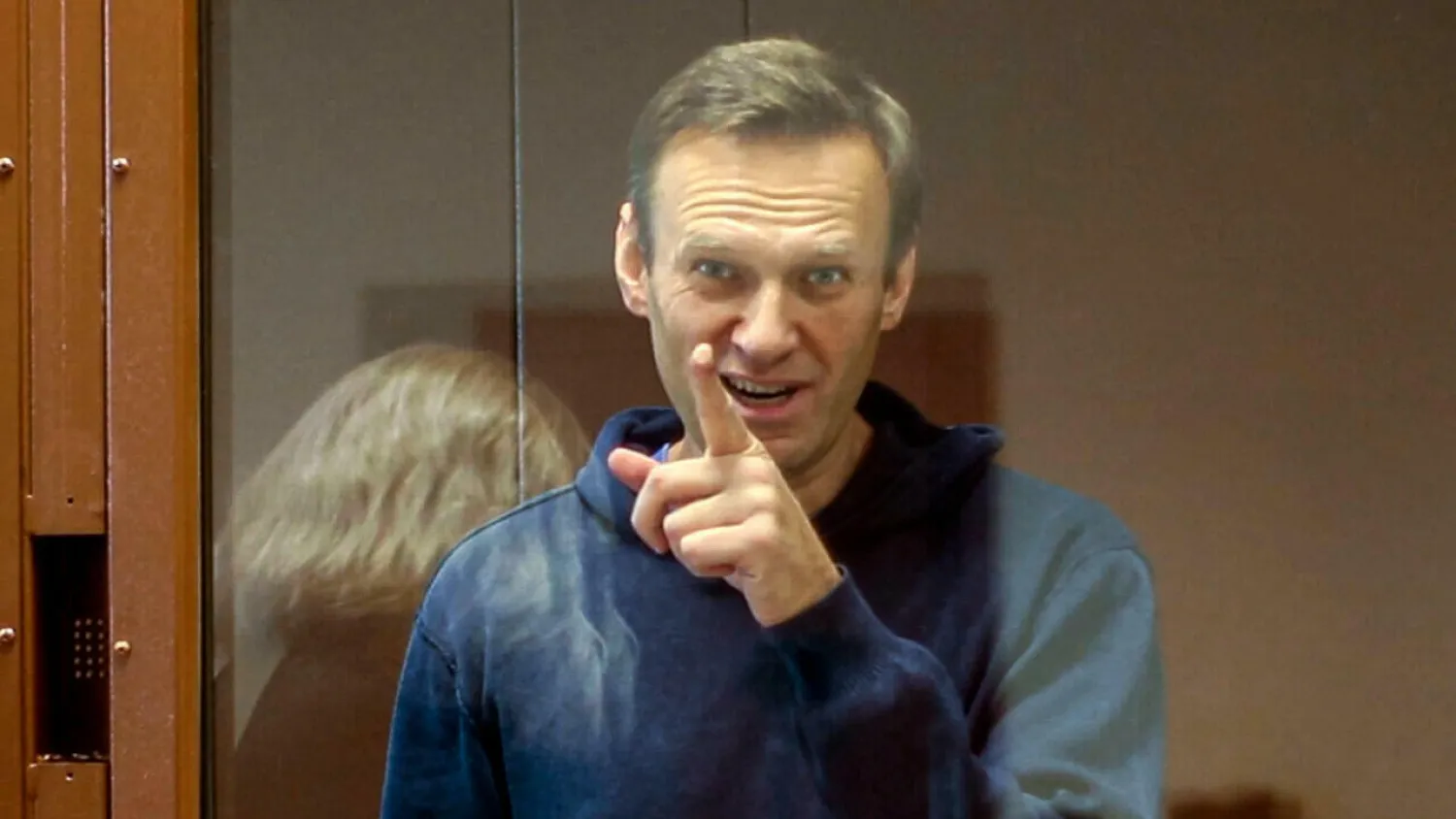Britain on Friday slapped sanctions on seven men it said were Russian intelligence operatives responsible for the poisoning of Kremlin critic Alexei Navalny.
It also issued a joint statement together with the United States warning Russia over chemical weapons. It did not outline any specific new actions taken by Washington but again condemned what it described as an assassination attempt against Navalny.
Navalny was flown to Germany for medical treatment after being poisoned in Siberia on Aug. 20 last year with what Western experts concluded was the military nerve agent Novichok.
Moscow has rejected their findings and accused the West of a smear campaign against it.
An updated version of the British sanctions list published by the government on the first anniversary of Navalny's poisoning included seven new names.
"The sanctioned individuals are directly responsible for planning or carrying out the attack on Mr. Navalny," a Foreign Office statement said.
British foreign minister Dominic Raab said the move was a warning to Russia. "We are sending a clear message that any use of chemical weapons by the Russian state violates international law, and a transparent criminal investigation must be held."
The sanctions will affect those people named who have overseas assets.
The document listed Alexey Alexandrov, Vladimir Panyaev, Ivan Osipov, Vladimir Bogdanov, Kirill Vasilyev, Stanislav Makshakov and Alexei Sedov. It said they were all members of Russia's FSB security serviuce and were either directly or indirectly involved in the poisoning.
Neither the Kremlin nor any of those named offered any immediate comment.
The document cited evidence including phone and travel records showing some of the operatives were present in the Siberian city of Tomsk at the time of the poisoning.
For others it said there were reasonable grounds to suspect that, due to their positions in the intelligence service, they had "responsibility for, provided support for, or promoted the actions of the operatives who carried out the operation".
Navalny was jailed for parole violations on what he says were politically motivated charges when he flew back to Russia earlier this year from Germany.
"We call on Russia to comply fully with the Chemical Weapons Convention, including its obligations to declare and dismantle its chemical weapons program," the joint statement said.
"We remain determined to uphold the global norm against the use of chemical weapons."









